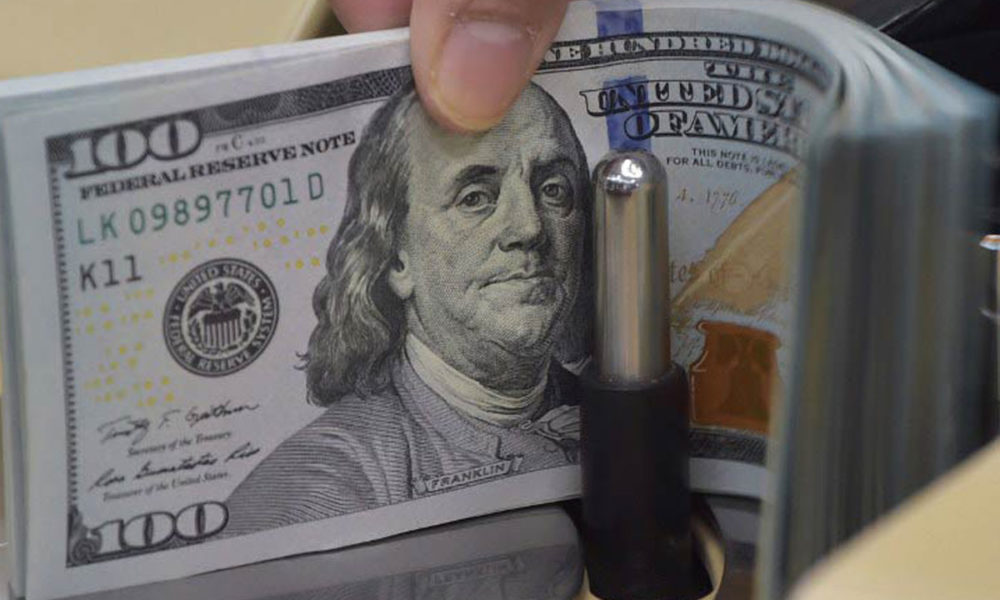Loans
Debt Service Surpasses Salary Payments in Nigeria’s Ambitious 2024 Budget

The Nigerian government’s 2024 fiscal plan unveils a financial landscape where servicing its mounting debt burden overshadows the allocation of salaries and pensions for its workforce.
This unexpected fiscal direction raises concerns about the nation’s long-term financial stability.
The proposed 2024 budget is a monumental financial endeavor with total expenses estimated at N26.01tn, reflecting a 19.15% increase from the previous year’s N21.83tn budget.
The key highlight is the allocation of funds with personnel and pension costs amounting to N7.78tn and debt service costs skyrocketing to N8.25tn.
These two categories combined absorb a staggering N16.03tn which is approximately 61.63% of the total budget.
What is particularly striking is that the government’s allocation for debt servicing in 2024 exceeds the budget designated for paying salaries and pensions to its employees, creating a scenario where debt obligations have overtaken the welfare of its workforce.
While personnel and pension costs have increased by 32.54% from N5.87tn in 2023, debt service costs have risen by 30.74%, posing a significant fiscal challenge for the government.
The World Bank had previously raised a red flag, highlighting that in 2022, the Nigerian government’s spending on personnel costs and debt servicing had outstripped its total revenue for the first time.
This imbalance had detrimental consequences for capital expenditures, essential for infrastructure development and economic growth.
Economists and financial experts are now expressing concerns over the mounting debt and the need for a more prudent fiscal approach.
They argue that the government should manage its resources more efficiently, cut down on the cost of governance, and focus on revenue generation to reduce the reliance on loans.
The 2024 budget assumptions include a reference crude oil price of $73.96 per barrel, an exchange rate of $700/N1, oil production at 1.78 million barrels per day, and an inflation rate of 21% with a target GDP growth rate of 3.76%.
As Nigeria grapples with this ambitious budget, it faces a delicate balancing act between servicing its debts and maintaining its public workforce, all while striving for sustainable economic growth and development.
The choices made in the coming fiscal year will profoundly influence the nation’s financial future.